Cover letter template for medical coder
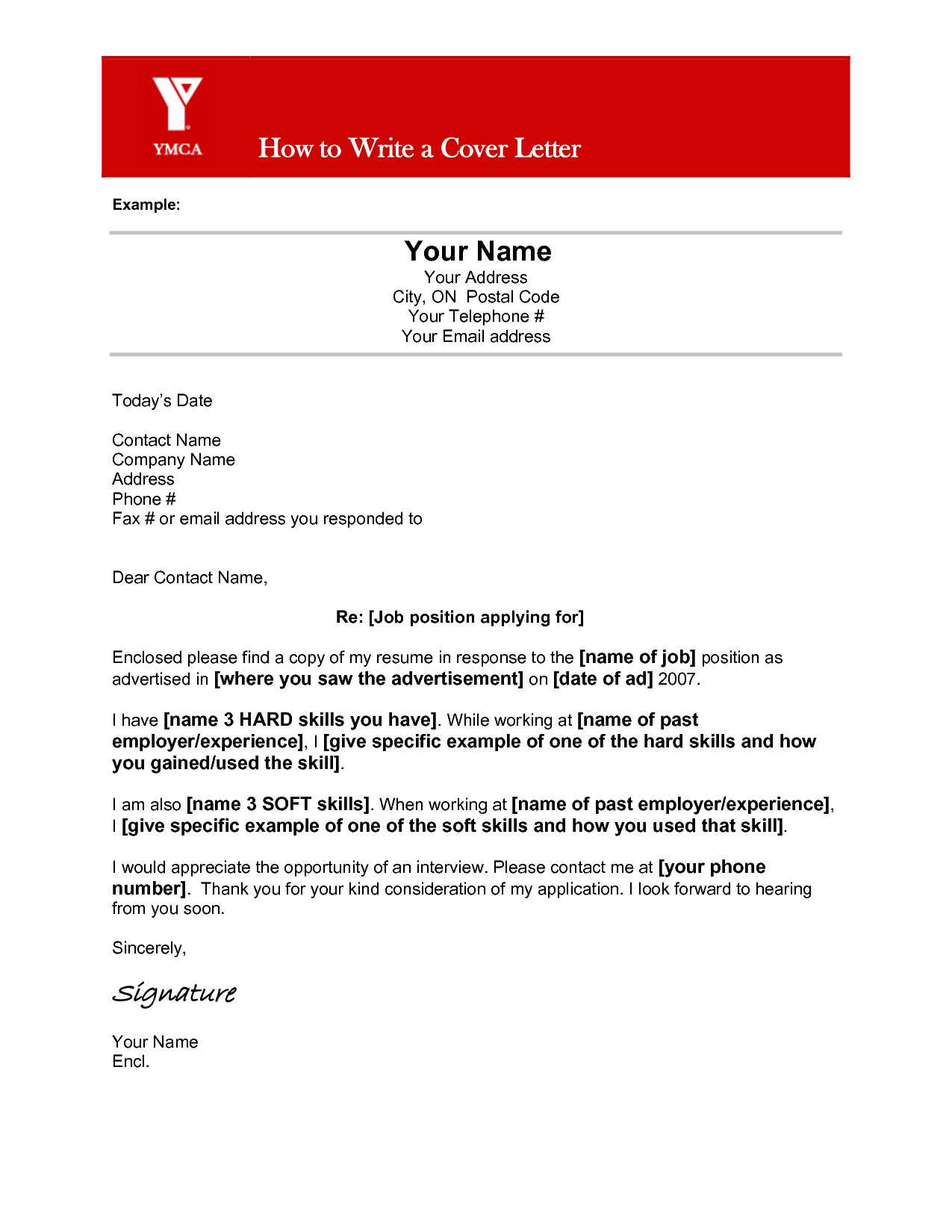
Begin your cover letter with a clear and direct statement of interest in the position. Highlight your familiarity with medical coding systems and your understanding of the healthcare industry. Mention how your experience aligns with the job description and demonstrate your readiness to contribute immediately.
Next, detail specific skills and qualifications that make you a strong candidate. For example, if you have experience with ICD-10 or CPT coding, mention it. Show how these skills can benefit the employer, such as improving coding accuracy or streamlining processes.
Finally, express your enthusiasm for the opportunity. Reinforce why you’re excited about this role and how it aligns with your career goals. Make sure to thank the reader for their time and consideration, and encourage them to reach out for further discussion.
Cover Letter Template for Medical Coder
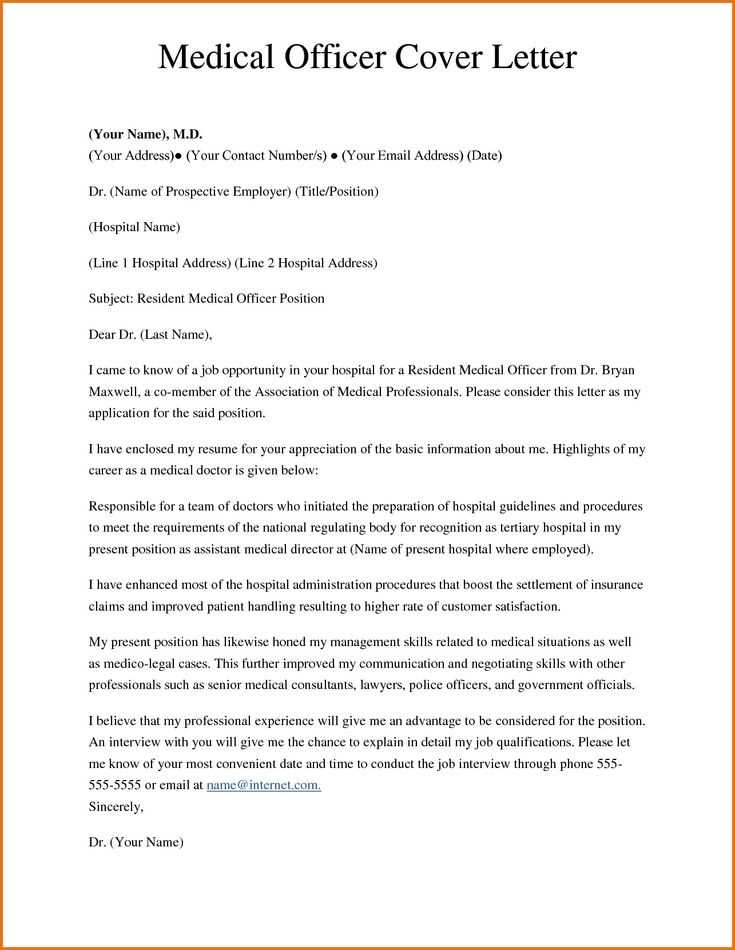
Begin by addressing the hiring manager directly. Use their name if possible, or a general salutation like “Dear Hiring Manager.” Ensure the tone remains respectful and professional throughout.
Example:
Dear [Hiring Manager’s Name],
Introduce yourself clearly and mention the specific job you are applying for. Explain briefly why you are a great fit for the role. Highlight relevant skills and experience that align with the job description. Avoid generic statements and focus on your unique strengths.
Example:
I am writing to express my interest in the Medical Coder position at [Company Name]. With [X] years of experience in coding medical records and a strong understanding of ICD-10, CPT, and HCPCS coding systems, I am confident in my ability to contribute to your team.
In the next paragraph, provide specific examples of your work experience. Mention any certifications or training you’ve received that directly apply to the position. This is your opportunity to demonstrate how your background fits the company’s needs.
Example:
In my previous role at [Previous Company], I successfully managed coding for various specialties, ensuring accuracy and compliance with all regulations. My certification in [Certification Name] further supports my qualifications for this position.
Conclude by expressing your enthusiasm for the position and the company. Be clear about your interest in discussing your qualifications further. Provide your contact information and thank them for considering your application.
Example:
I am excited about the opportunity to bring my expertise in medical coding to your team. I look forward to discussing how my background can benefit [Company Name]. Please feel free to contact me at [Phone Number] or [Email Address]. Thank you for your time and consideration.
Finish with a professional closing, such as “Sincerely” or “Best regards,” followed by your name.
Example:
Sincerely,
[Your Name]
Choosing the Right Format for Your Cover Letter
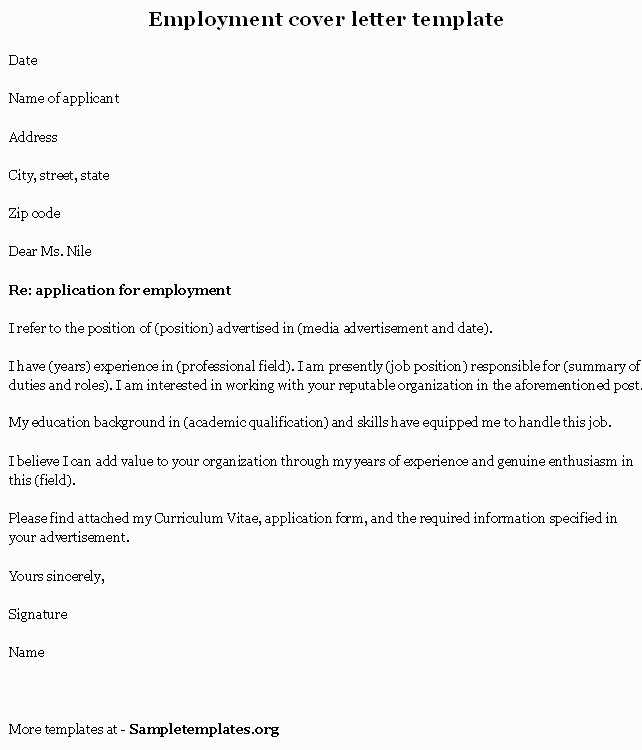
Select a format that highlights your skills and experience while remaining professional and easy to read. Focus on clarity, so the hiring manager can quickly identify your qualifications and potential fit for the job. Opt for a clean, structured layout with clear headings and well-organized sections. Below are a few key formats to consider:
Standard Block Format
This format is widely used and presents your information in neat, easy-to-read paragraphs. It’s ideal if you want a straightforward and professional appearance.
| Pros | Cons |
|---|---|
| Simple to follow | Can appear too formal |
| Easy to structure | Lacks personalization |
Indented Format
In this format, each paragraph starts with an indent, creating a more formal, traditional look. This can work well if you’re aiming for a more polished tone, especially in industries like healthcare.
| Pros | Cons |
|---|---|
| Classic and professional appearance | Can be harder to read for some |
| Works well in conservative industries | Less modern compared to block format |
Choose a format that aligns with the company culture and the job you’re applying for. A clean, clear format that suits the role will help you stand out in the right way.
How to Highlight Relevant Medical Coding Skills
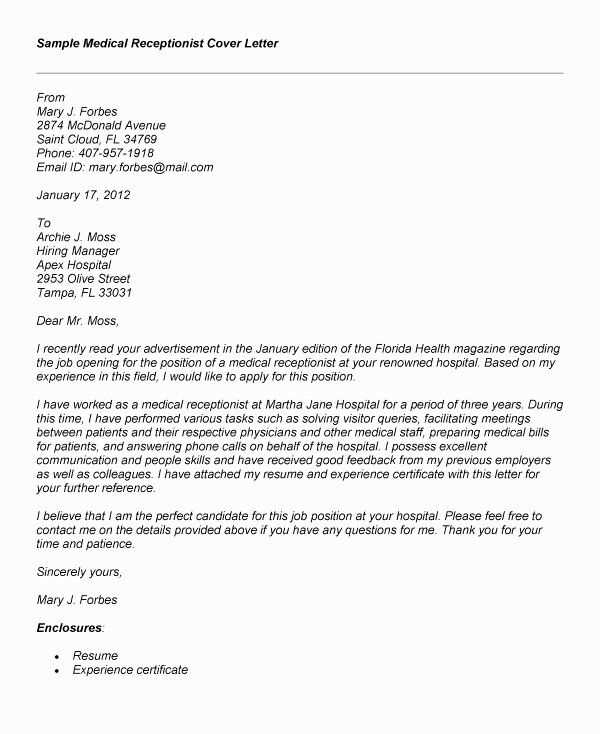
Focus on technical proficiency with coding systems like ICD-10, CPT, and HCPCS. Demonstrate hands-on experience with these coding standards to show your expertise. Clearly state your familiarity with the most up-to-date codes and how you apply them in real-world scenarios.
Include examples of any specialized coding experience, such as working in oncology, cardiology, or emergency medicine. Employers value candidates who are skilled in coding for specific medical fields, so highlight any niche knowledge.
Showcase Accuracy and Attention to Detail
Accuracy is critical in medical coding. Provide examples of your ability to identify errors or inconsistencies and correct them promptly. This shows that you can prevent costly mistakes, which is a major asset to employers.
Demonstrate Familiarity with Medical Terminology and Documentation
Employers look for coders who can efficiently navigate medical records and interpret medical terminology. Highlight your ability to understand complex clinical language and apply it accurately in coding. If you’ve worked directly with physicians or healthcare providers, mention this collaboration to illustrate your practical knowledge.
Demonstrating Experience with Coding Systems
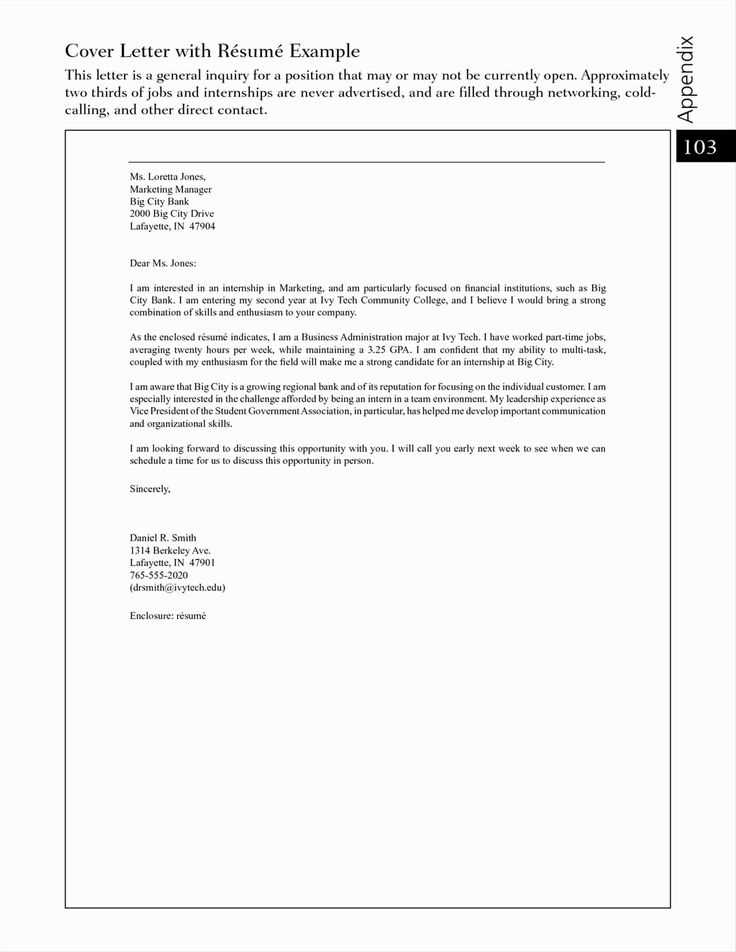
Highlight your expertise with specific coding systems, such as ICD-10, CPT, and HCPCS. Provide examples of how you’ve applied these codes in daily tasks, ensuring accuracy and compliance with industry standards.
- Describe how you utilized ICD-10 codes to categorize medical diagnoses in your previous roles. Mention specific conditions you’ve coded and how your work helped streamline processes.
- Showcase your ability to work with CPT codes, especially in procedural coding. Detail any involvement in coding for complex surgeries or office visits and your role in ensuring correct billing.
- If applicable, mention your familiarity with HCPCS codes, particularly for Medicare and Medicaid claims. Discuss your experience in coding durable medical equipment or outpatient services.
Explain how you handled coding audits, whether internal or external. Mention how you maintained compliance, corrected discrepancies, and ensured accuracy during these audits.
- Include any training or certifications you’ve earned that specifically relate to coding systems, such as AAPC or AHIMA certifications. Demonstrating your commitment to staying updated with coding rules and regulations adds credibility to your experience.
Be specific about any software tools you’ve used for coding. Examples like Epic, Cerner, or 3M CodeFinder show familiarity with technology used in the industry. Mention how these tools helped improve the accuracy and speed of your work.
Tailoring Your Cover Letter to Specific Job Requirements
Focus on the qualifications and skills listed in the job description. Highlight the experience you have that directly matches these points. If the job requires familiarity with specific coding systems or software, mention your proficiency with those tools. Be direct and clear about how your background aligns with the role’s needs.
Research the Company’s Values and Culture
Incorporate your understanding of the company’s values and work culture. If the company emphasizes teamwork, mention examples where you successfully worked in a collaborative environment. Tailor your tone and language to reflect the company’s style, showing that you’re a good cultural fit.
Showcase Relevant Achievements
Use concrete examples of your achievements that are directly related to the job. For example, if the job requires accuracy in coding, mention a specific instance where your attention to detail led to improved coding accuracy or reduced errors. Provide measurable outcomes whenever possible.
Showcasing Knowledge of Medical Terminology and Compliance
Highlight your command of medical terminology by detailing your familiarity with ICD-10, CPT, and HCPCS codes. Demonstrating experience in assigning the correct codes for diagnoses, procedures, and medical services shows your ability to navigate complex medical language effectively. Mention your hands-on experience with medical coding software, emphasizing your ability to interpret clinical documentation accurately.
- Reference specific certifications, such as Certified Professional Coder (CPC), Certified Coding Specialist (CCS), or Certified Inpatient Coder (CIC), that validate your understanding of medical coding and compliance standards.
- Discuss your experience with regulatory frameworks, such as HIPAA and CMS guidelines. This shows your awareness of compliance requirements in maintaining confidentiality and coding accuracy.
- Provide examples of your experience in audits, compliance checks, or resolving coding discrepancies to ensure adherence to billing and coding standards.
By focusing on these areas, you can clearly demonstrate your proficiency in both medical terminology and the compliance standards that are critical to this role.
Structuring the Closing Paragraph to Prompt Action
Finish by clearly inviting the employer to take the next step. State your interest in a follow-up conversation and your availability for an interview. Keep it brief but direct, such as, “I look forward to discussing how my skills align with your needs.” Show enthusiasm for the opportunity and confidence in your qualifications. Add a final note, such as “Thank you for considering my application,” followed by a polite sign-off. This strengthens your professional tone and leaves a positive impression.